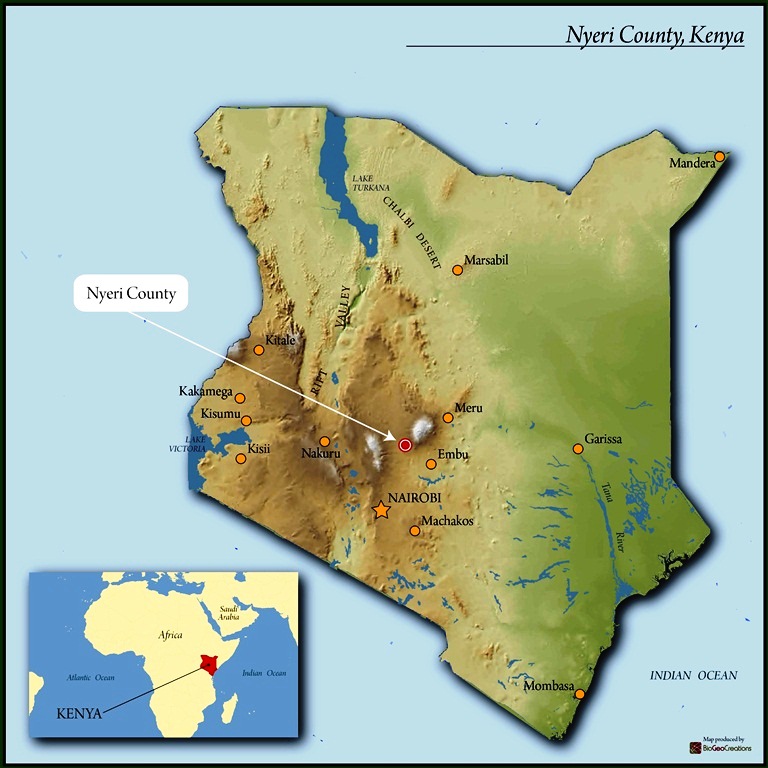Kenya Nyeri Rumukia Peaberry – 22KE2056 – 31063 – GrainPro Bags – SPOT RCWHSE
Position Spot
Bags 0
Warehouses Oakland
Flavor Profile Pink grapefruit, peach, blackberry, lavender, brown sugar, juicy, clean, candy-sweet
Please Note This coffee landed more than 8 months ago.
Out of stock
About this coffee
Grower
1194 smallholder farmers organized around Rumukia Farmers Co-operatie Society, LTD
Altitude
1600 - 1800 masl
Variety
SL28 & SL34, Ruiru 11
Soil
Volcanic loam
Region
Nyeri County, Kenya
Process
Fully washed and dried on raised beds
Harvest
October – December
Certification
Conventional
Coffee Background
Kenya peaberries are often milled out of individual factory outturns—small batches of parchment produced by single washing stations—and available in very small quantities, often only a few bags. When entire cooperative societies combine peaberry lots across multiple factories, the blends are of course much larger. And occasionally more delicious as a result. This lot is a blend of peaberry coffee from throughout the Rumukia society, a well-known producer group in Nyeri county. It is exceptionally jammy and floral with blackberry and lavender, dried peach and tropical fruit, and sweetly chocolatey as it cools.
Central Kenya & Nyeri County
Mt. Kenya, at the helm of Kenya’s Central Province, is the second tallest peak on the continent of Africa and a commanding natural presence. The mountain itself is a single point inside a vast and surreal thicket of ascending national forest and active game protection communities. The central counties of Kenya extend from the center of the national park, like five irregular pie slices, with their points meeting at the peak of the mountain. It is along the lower edge of the forests where, in wet, high elevation communities with mineral-rich soil (Mt. Kenya is a stratovolcano) many believe the best coffees in Kenya, often the world, are crafted. Nyeri is perhaps the most well-known of these central counties.
Rumukia FCS and Processing Style
Kenya’s coffee is dominated by a cooperative system of production, whose members vote on representation, marketing and milling contracts for their coffee, as well as profit allocation. Rumukia Farmers Co-operative Society (FCS) is an umbrella organization that represents 3 total factories, Thunguri, Gaikundu, and Kagunyu, and 1194 farmers all together. The cooperative society is headquartered outside the town of Karatina, close to the border with Kirinyaga county. Its factories are some of the oldest operating processing sites in the county, having started operations in 1979 under another society. Rumukia FCS was founded in 2000.
Kenya is of course known for some of the most meticulous at-scale processing that can be found anywhere in the world. Bright white parchment, nearly perfectly sorted by density and bulk conditioned at high elevations is the norm, and a matter of pride, even for generations of Kenyan processing managers who prefer drinking Kenya’s tea (abundantly farmed in nearby Muranga county) to its coffee. Ample water supply in the central growing regions has historically allowed factories to wash, and wash, and soak, and wash their coffees again entirely with fresh, cold river water.
Rumukia's factories collect cherry from members daily throughout the harvest months. The cherry is sorted on arrival for ripeness and consistency and then blended together for processing: coffee is depulped and fermented overnight, washed in fresh water and moved to raised screen tables to dry, a process that takes 2-3 weeks depending on local climate and ambient temperatures.
After drying is complete the coffee is conditioned in large perforated bins on site to allow moisture to stabilize, preparing the coffees for transit and a long shelf life. The established milling and sorting by grade, or bean size, is a longstanding tradition and positions Kenya coffees well for roasters, by tightly controlling the physical preparation and creating a diversity of profiles from a single processing batch. The final peaberry blend was created by blending individual peaberry lots from each factory.








